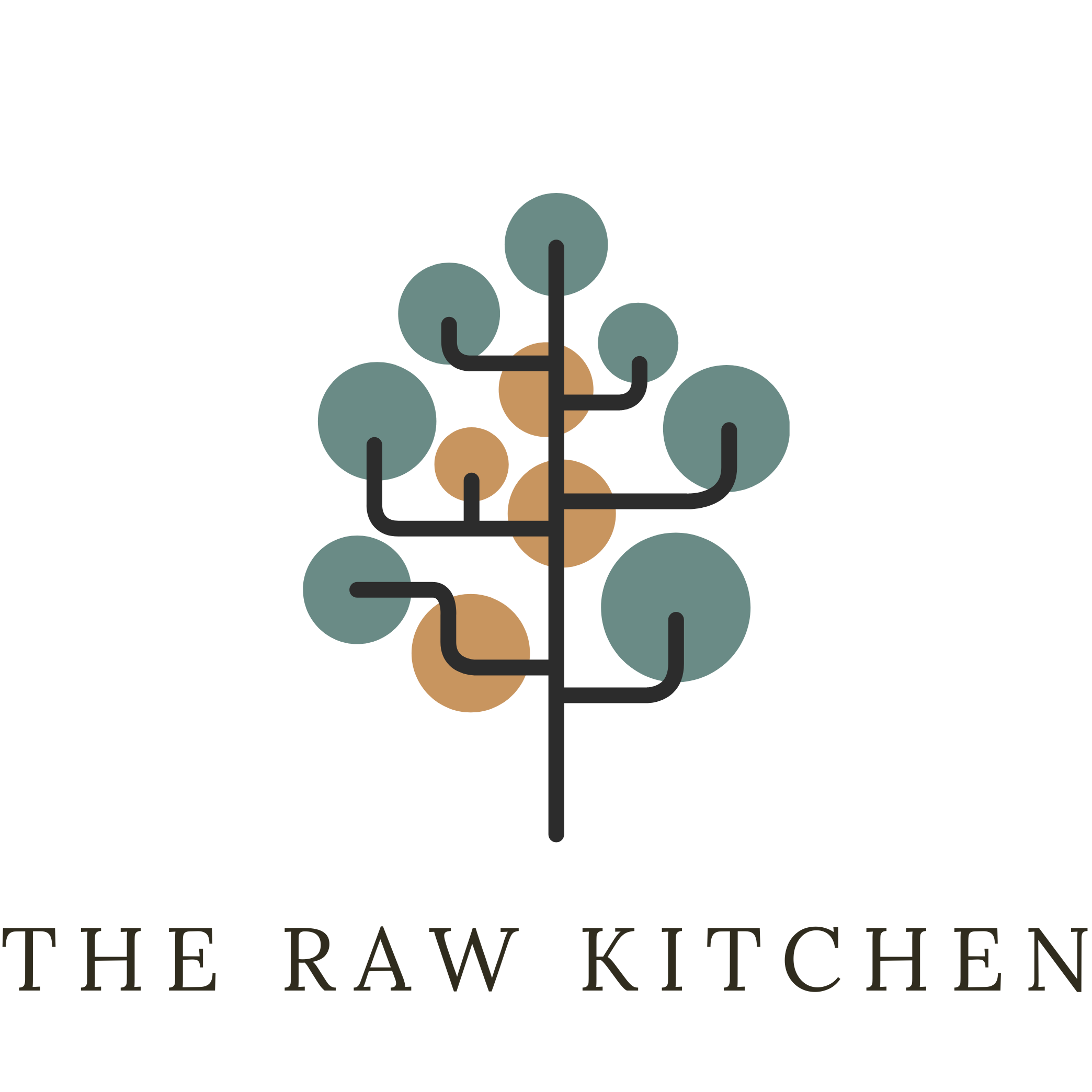
Natural remedies for common ailments
In today's fast-paced world, common ailments such as headaches, colds, digestive issues, and stress are all too familiar. While over-the-counter medications can provide quick relief, many like myself may prefer holistic alternatives that can be just as effective without the potential side effects.
Headaches
-
Peppermint Oil
Peppermint oil is known for its cooling and soothing properties. Applying a few drops to your temples and gently massaging can help alleviate tension headaches. The menthol in peppermint oil increases blood flow and provides a calming effect. Always be cautious with essential oils, as they can be quite strong, especially on the skin. When massaging, you could possibly drop them into a very small amount of olive or coconut oil before using to be on the safe side. -
Ginger Tea
Ginger has anti-inflammatory properties that can help reduce headache symptoms. Boil fresh ginger slices in water for 10 minutes, then strain and drink the tea. Adding a little raw honey can enhance the flavor and provide additional soothing benefits.
Colds and Congestion
-
Raw Honey and Lemon
A classic remedy for colds is a warm drink made with raw honey and lemon. Raw honey has antimicrobial properties, while lemon is rich in vitamin C, which can boost your immune system. Mix a tablespoon of raw honey and the juice of half a lemon in a cup of warm water and drink it a few times a day. -
Eucalyptus Steam Inhalation
Eucalyptus oil can help clear nasal congestion and soothe respiratory issues. Add a few drops of eucalyptus oil to a bowl of hot water, cover your head with a towel, and inhale the steam for 5-10 minutes. This can help open up your airways and reduce congestion.
Digestive Issues
-
Chamomile Tea
Chamomile tea is well-known for its calming effects and can help with digestive issues like indigestion, bloating, and gas. Drinking a cup of chamomile tea after meals can aid digestion and soothe the stomach. -
Apple Cider Vinegar
Apple cider vinegar can help with acid reflux and indigestion. Mix one to two tablespoons of apple cider vinegar in a glass of water and drink it before meals. The acetic acid in apple cider vinegar helps balance stomach acidity and improve digestion. Always start with smaller amounts of ACV, as some people, from my experience, do not tolerate it too well when first starting out if they have a compromised digestive system.
Stress and Anxiety
-
Lavender
Lavender is known for its calming and relaxing properties. Using lavender essential oil in a diffuser, adding a few drops to your bath, or applying it topically can help reduce stress and anxiety. -
Ashwagandha
Ashwagandha is an adaptogenic herb that helps the body manage stress. Taking ashwagandha supplements can improve your body's response to stress and help balance cortisol levels. Consult with a healthcare provider before starting any new supplement regimen.
Insomnia
-
Valerian Root
Valerian root is a natural sedative that can help improve sleep quality. It can be taken in supplement form or as a tea. Drinking valerian root tea before bedtime can help you fall asleep faster and improve the overall quality of your sleep. -
Magnesium
Magnesium plays a crucial role in the body's stress response and can help relax muscles and nerves. Taking a magnesium supplement or soaking in a warm bath with Epsom salts can promote relaxation and improve sleep.
Muscle Pain and Inflammation
-
Turmeric
Turmeric contains curcumin, a compound with potent anti-inflammatory properties. Adding turmeric to your diet or taking curcumin supplements can help reduce muscle pain and inflammation. Combining turmeric with black pepper enhances its absorption. -
Arnica
Arnica is a natural remedy used to treat bruises, sprains, and muscle pain. Applying arnica gel or cream to the affected area can help reduce pain and inflammation.
Skin Irritations
-
Aloe Vera
Aloe vera is known for its soothing and healing properties, making it an excellent remedy for minor burns, cuts, and skin irritations. Applying fresh aloe vera gel directly to the skin can promote healing and reduce inflammation. -
Tea Tree Oil
Tea tree oil has antimicrobial and anti-inflammatory properties. It can be used to treat acne, fungal infections, and minor cuts. Dilute tea tree oil with a carrier oil (like coconut or olive oil) before applying it to the skin to prevent irritation.
As with all natural remedies, while generally safe, it is always better to start with smaller doses and build up to see how your body tolerates them. It is also important to discuss any concerns you have with your doctor or healthcare professional, especially if you have any underlying health conditions.
By incorporating these natural remedies into your wellness routine, you can take a proactive approach to managing your health and supporting your body’s natural healing processes.



Leave a comment
This site is protected by hCaptcha and the hCaptcha Privacy Policy and Terms of Service apply.